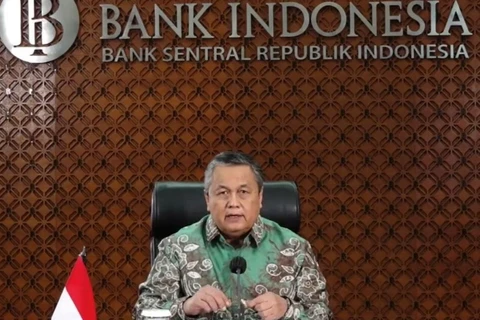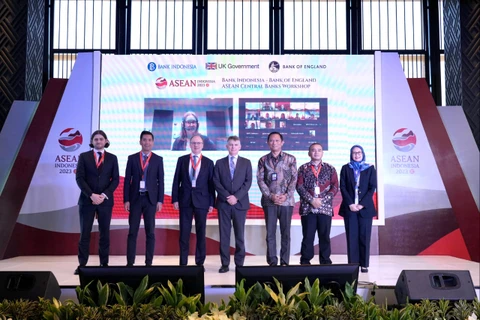
Hanoi (VNA) - Banks in the Association of Southeast Asian Nations (ASEAN) are grappling with uncertainty over their loan books as evidence of persistent inflation that leads central banks to refrain from slashing interest rates, increasing pressure in the financing business.
ASEAN banks’ balance sheets are likely to worsen in the upcoming three quarters, stemming from their exposure to small-and-medium-sized (SME) enterprises operating in a tight monetary environment, the credit analysis company Criat noted.
In early May, the US’s Federal Reserves (FED) decided to keep interest rates unchanged at the current levels and noted that recent disappointing signs regarding inflation could delay its plans to cut interest rates.
ASEAN banks are waiting for clearer monetary easing stance from the FED. If the FED continues to maintain high interest rates for a longer period, the profitability of the regional banking sector may be significantly affected./.






















